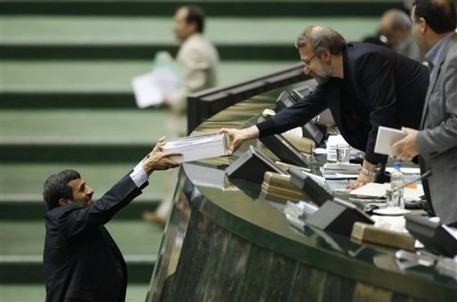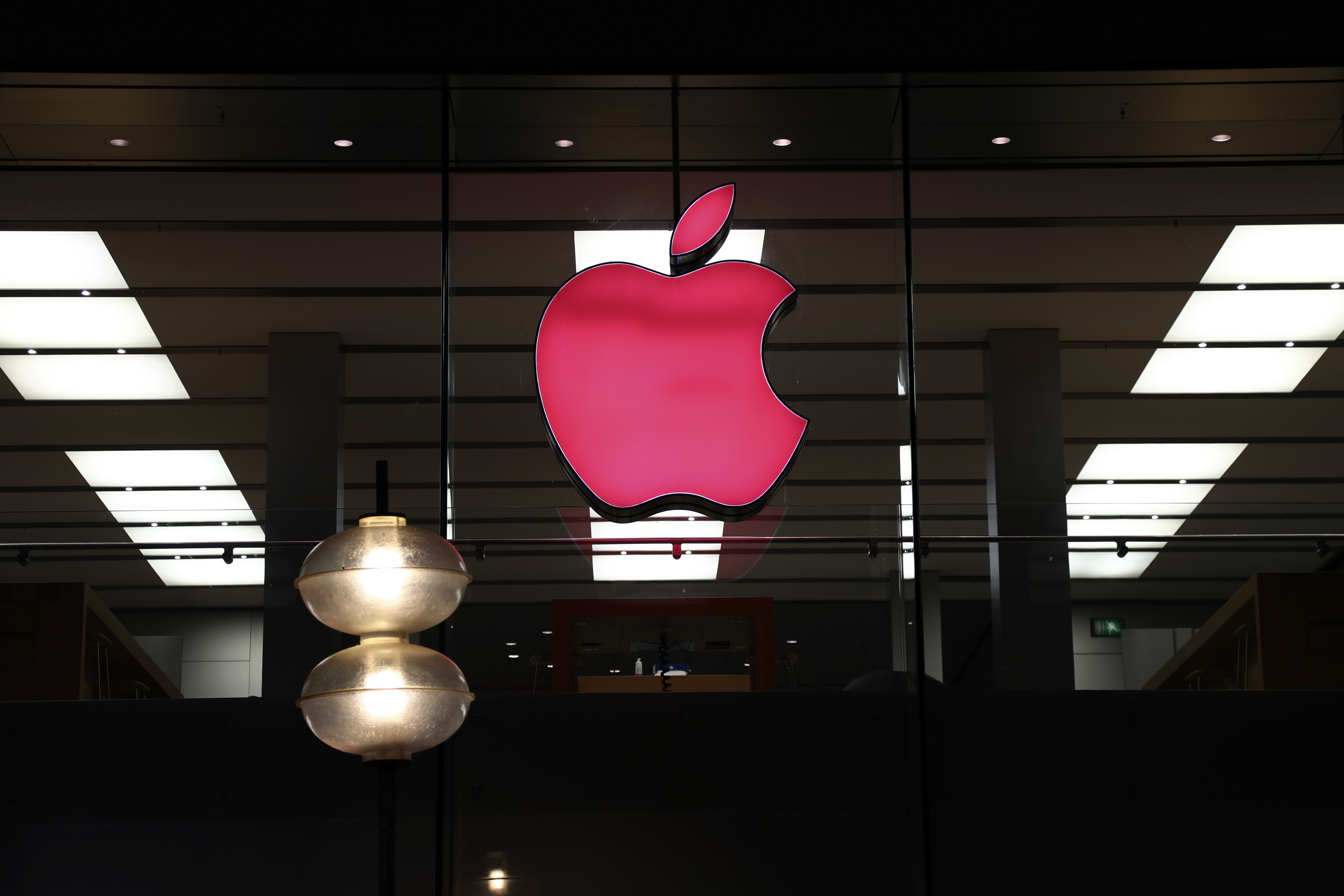
Patrick Appel writes:
The strongest argument against engagement with Iran is not that any individual political actor in Iran is irrational, but that the country's leadership is divided against itself and that the warring political fractions are incapable of committing to any sort of international agreement. The green movement added to this disunity.
I really think this is, in short, the biggest problem with those who took on the Green banner and championed it so unflinchingly and uncritically since last summer's protests broke out. It's worth noting that many of those who adopted the Green Movement after June 12 were the same analysts and journalists who just months prior had tried their best to put a positive face on Iranian democracy. Once that reality was shaken, and a regime most already understood to be awful actually confirmed said awfulness, many of these same analysts and journalists were left shocked and searching for an explanation.
Along came the Green Movement: a young, cosmopolitan and liberal movement rooted in justice, democracy and Islam; the kind of thing you rarely hear about when Iran hawks clamor on about Ahmadinejad and the "Mad Mullahs." Here, finally, was something even the casual Western observer could get behind.
It's a great story, and it's one that will no doubt continue to be told. But it was always a modest movement seeking electoral reparations; at best "revolutionary" only on its lesser fringes.
Thus, the problem with the Green Movement was never so much the Green Movement itself, but those in the West who were understandably compelled by months of "news, tweets, images, and videos" making the movement appear to be something it was not - not yet, anyway. The Greens became a canvass on which Westerners could paint their preferred Iranian regime, and that's a problem. When we only see the country we hope to deal with rather than the one we have to deal with, it puts us on the slippery slope toward confrontation and conflict (this is probably why so many anti-engagement Iran hawks have made common cause with the Green Movement's most ardent supporters during all these months).
The Iranian regime is always divided, and if we were to take Appel's advice, the time for engagement would be never.
Incidentally, I believe that Shadi Hamid and Larison are having the debate we in fact should be having on Iran, and I hope to see more of this going forward. The most important societal split in Iran, as far as the international community should be concerned, is not the one between the Greens and Ahmadinejad, but the split between global isolationists and integrationists. My guess is that these camps are respectively larger than the Green Movement and Ahmadinejad's inner-circle, and it's worth discussing which factions may or may not be interested in rapprochement on the nuclear question, terrorism, sanctions and so on.
I'm sure there are Greens who want nuclear weapons, just as there are no doubt "Ahmadi" supporters who'd be willing to forgo them. I think this is the relevant divide for Western observers to focus on.
(AP Photo)











